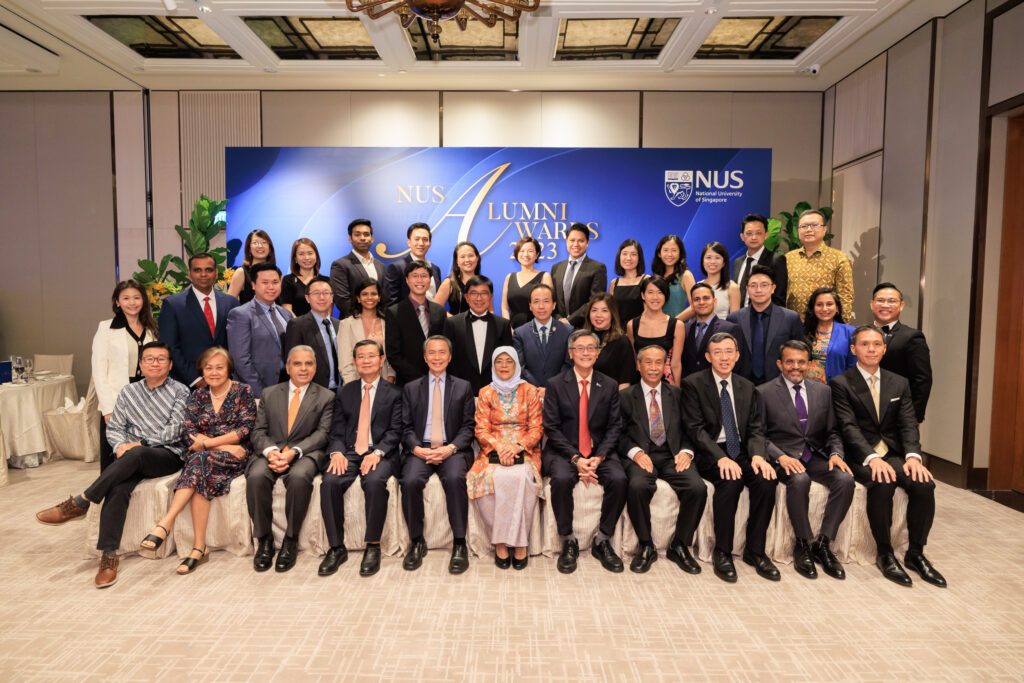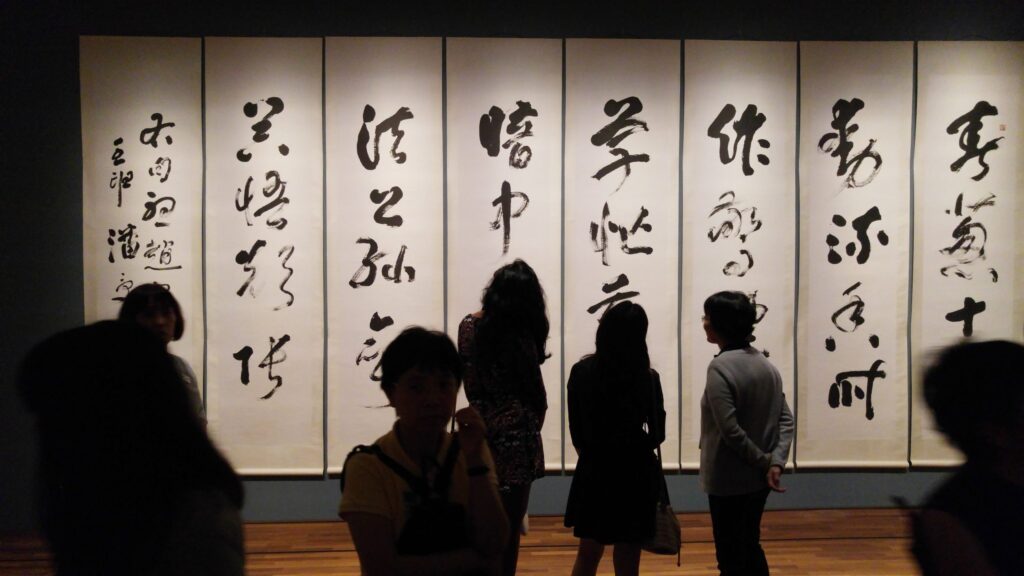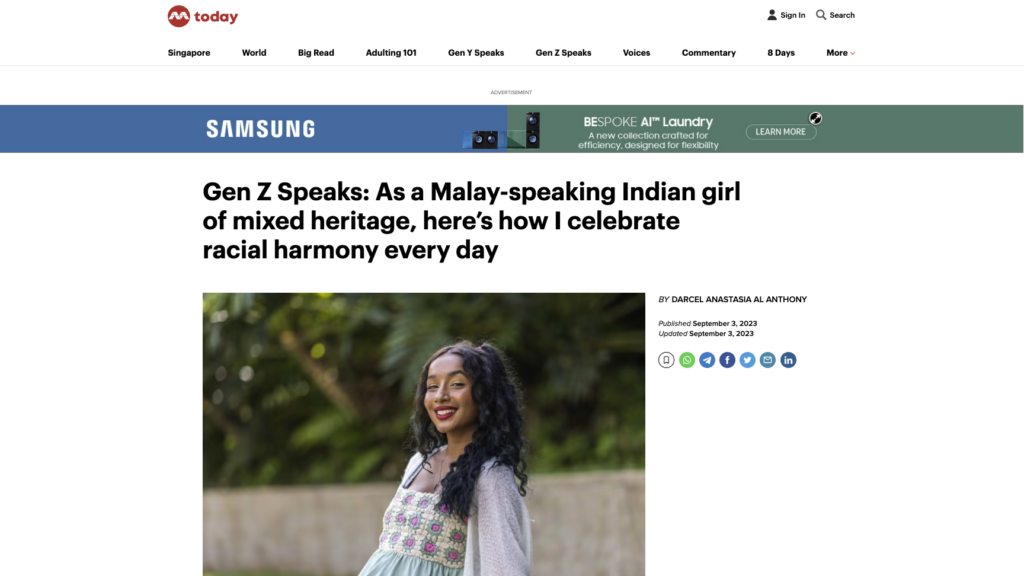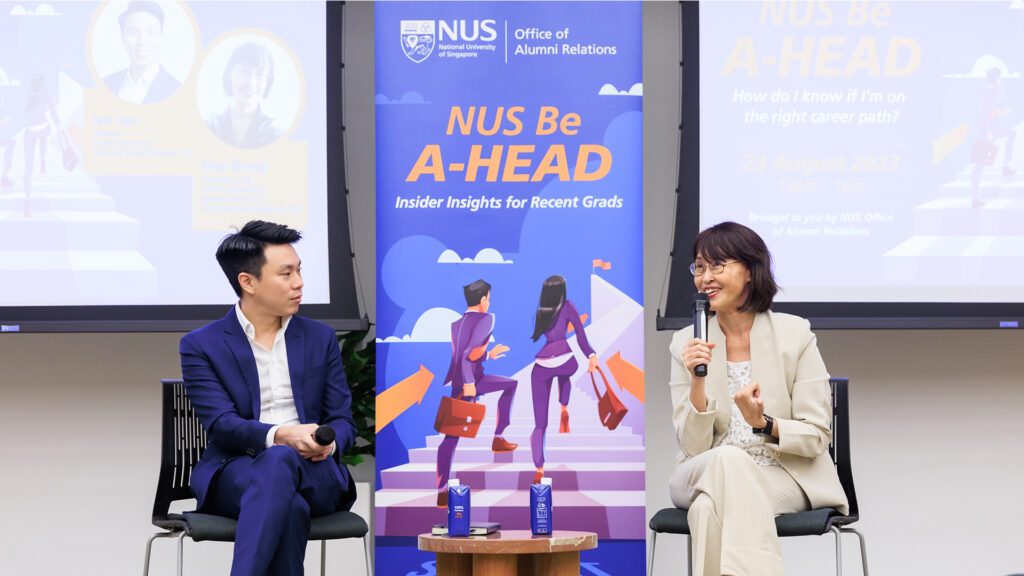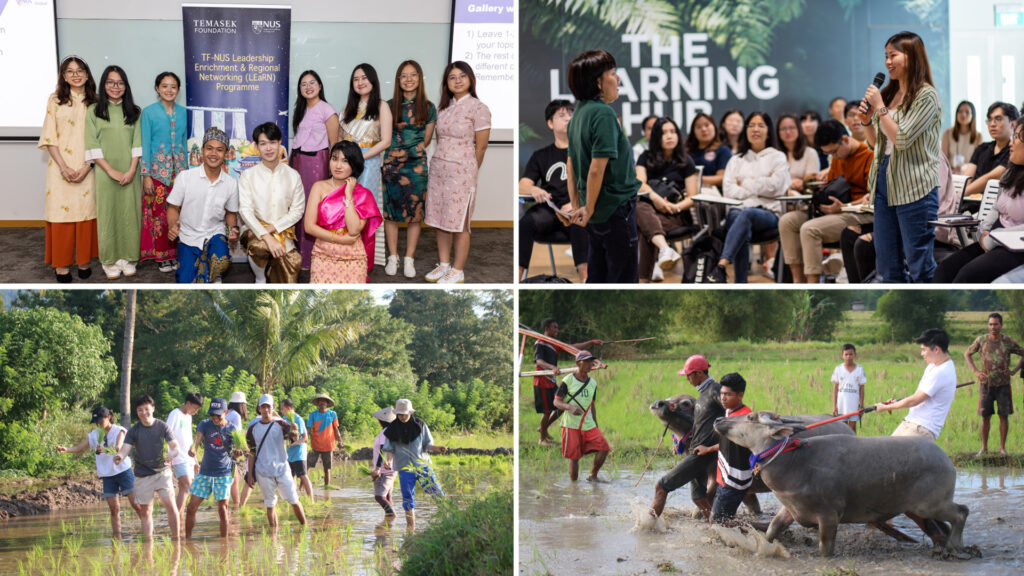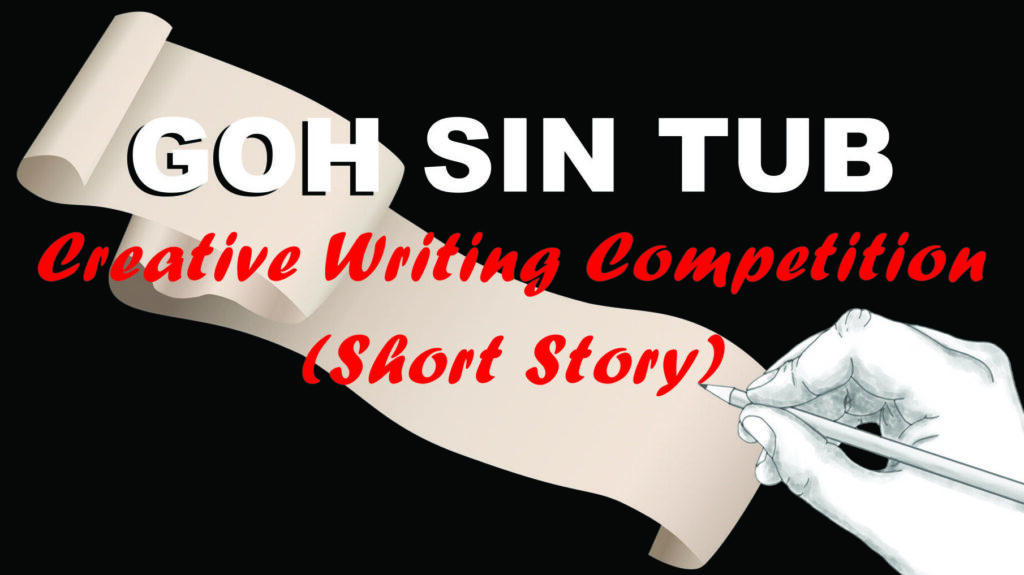News
Results of the Goh Sin Tub Creative Writing Prize 2023 – The Short Story
Department of English Language & Literature National University of Singapore The Goh Sin Tub Creative Writing Prize 2023 – The Short Story We are very pleased to announce the results of the Goh Sin Tub Creative Writing Competition 2023 – The Short Story. Congratulations to the prize winners! 1st Prize ($10,000): Wu Ningjing for “Escape“ 2nd Prize ($6,000): Koh Jin Hui Jinny for “We Are All Alone In This Anyway“ 3rd Prize ($4,000): Dinh Cao Tue for “The Xinh-ga-po Pie” The prize winners will be notified by email and will be required to attend the Award presentation. Details of the event will be provided closer to the date. The biennial Goh Sin Tub Creative Writing Prize was established by the late Dr Sylvia Goh with an endowed gift to the Department of English, Linguistics & Theatre Studies (ELST) at the National University of Singapore in memory and recognition of her late husband, Mr Goh Sin Tub, who was one of Singapore’s best-known local writers. Mr Goh Sin Tub and Dr Sylvia Goh are both alumni of the University of Malaya (UM), one of NUS’ predecessor institutions. The Prize commemorates Mr Goh Sin Tub’s life, achievements and support …
Results of the Goh Sin Tub Creative Writing Prize 2023 – The Short Story Read More »
Read MoreNUS Alumni Awards 2023: Celebrating Outstanding Changemakers and Trailblazers
NUS honoured the achievements of 21 outstanding alumni and three alumni teams comprising another 14 alumni, at the prestigious NUS Alumni Awards 2023.
Read More“Now everyone is uncle or auntie”: Chinese naming tradition showing generational ties fading
Chinese naming practices have been dwindling over the years, according to experts. Specifically, the practice of generational naming, or bei ming, has become more seldom in young Chinese Singaporeans. In ‘“Now everyone is uncle or auntie”: Chinese naming tradition showing generational ties fading’ (The Straits Times, September 2023), faculty from the NUS Faculty of Arts and Social Sciences commented on this phenomenon, illustrated by examples from their undergraduate students. Associate Professor Lee Cher Leng (NUS Chinese Studies), who teaches an undergraduate course on bridges between the East and West, surveys each cohort of students about generational naming practices. She discusses not only how a small handful of students in her course have been named according to their family’s genealogy books (jia pu or zu pu), but also that most students are thoroughly unfamiliar with such practices. A/P Lee also mentions that while the practice helps embody one’s sense of identity, it has been displaced in Singapore’s increasingly Westernised society. Instead, Chinese Singaporeans have turned to new naming conventions, naming their children based on the values they want them to have; for example, girls may be named zhi hui (Chinese for ‘wisdom’). Dr Peter Tan (NUS English, Literature, and Theatre Studies) …
Read MoreAs a Malay-speaking Indian Girl of Mixed Heritage, Here’s How I Celebrate Racial Harmony Every Day
In connecting with her Indian heritage, Year 4 English Literature major Darcel Anthony has also found her way to further appreciating the beauty of different cultures.
Read MoreNew Career Navigator Series Launched for Young NUS Alumni
The NUS Office of Alumni Relations has launched NUS Be A-HEAD, a new seminar series designed to help graduating students and young alumni make a smooth transition from university campus to the professional world.
Read MoreTS graduate Anjana Vasan: On the cover of Henrik Ibsen’s A DOLL’S HOUSE (2023)
TS graduate Anjana Vasan is on the cover of a new adaptation of Henrik Ibsen’s A Doll’s House published by Bloomsbury Publishing, UK (2023). The book cover is taken from the publicity poster for the 2019 production of the adaptation. Anjana played the lead role of this adaptation of Ibsen’s play in 2019 which ran at the Lyric Hammersmith, London. Recontextualised to 1879 Calcutta, Anjana plays Niru, a young Indian woman married to a British colonial officer. Timeout London had this to say about her performance: “An awful lot rests on the shoulders of Vasan, as Niru. WIde-eyed on the outside, steely on the inside, she’s magnetic as a woman playing a role to make her way in the world – and playing it with such conviction even she struggles to see the truth about her marriage, until the very end. Vasan has a nuance and depth of feeling that does a lot of heavy lifting in a show that sometimes feels caught between Ibsen and Gupta. Here, the fiery postcolonial stuff is more compelling than the feminist stuff, and the two don’t always overlap brilliantly: Niru and Tom’s marriage, while clearly not perfect, nonetheless feels a bit too chipper until the …
TS graduate Anjana Vasan: On the cover of Henrik Ibsen’s A DOLL’S HOUSE (2023) Read More »
Read MoreGaining Fresh Perspectives on Leadership and Sustainability in Southeast Asia at TF-NUS LEaRN 2023
This year’s programme began in May, where 34 participants from four local universities – NUS, Singapore University of Technology and Design, Singapore University of Social Sciences, and Singapore Institute of Technology – attended workshops, field trips, and presentations on sustainability and leadership in Indonesia.
Read MoreCelebrated for their Dedication to Singapore
More than 200 members of the NUS community received the National Day Awards 2023.
Read MoreCall for Entries to The Goh Sin Tub Creative Writing Competition 2023 (Short Story)
The biennial Goh Sin Tub Creative Writing Prize is a gift from Dr Sylvia Goh to NUS in memory and recognition of her husband Goh Sin Tub, one of Singapore’s best-known writers. The Competition is open to all members of the NUS community. The closing date for receipt of entries is at 5pm on Monday, 4 September 2023.
Read More


